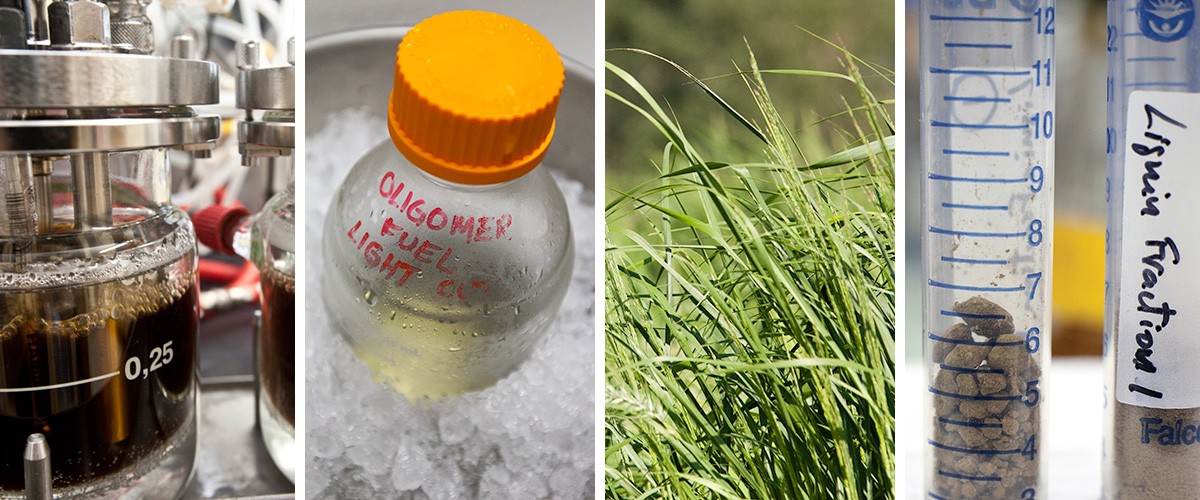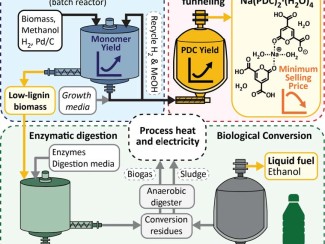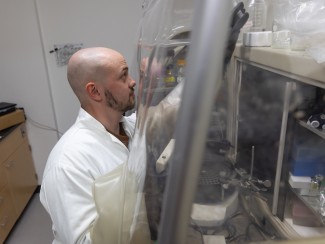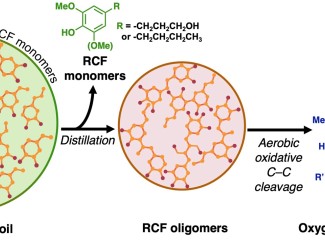
Moving people and goods along rails and roads, across the water, and into the air, requires enormous amounts of energy. In the U.S., 29 percent of all the energy we consume is used for transportation. Transportation is also one of the most significant drivers of the country’s carbon emissions, making up about 34 percent of total emissions.
To protect the health of our communities and economies and to reduce our greenhouse gas emissions, we need more efficient and sustainable fuels, as well as smarter, cleaner transportation systems.
At the Wisconsin Energy Institute (WEI), we are working to address that need by performing research on fuels and chemical production processes, fuel characterization and use, fuel chemicals, and transportation systems.
In our research on cellulosic biofuels – i.e., fuels derived from non-food, or cellulosic biomass – we are developing sustainably produced advanced biofuels that are suitable for use in today’s engines. Our biofuels research areas include cellulosic feedstocks; plant deconstruction; bio-chemicals and other bio-products; biodiversity; and sustainability.
WEI experts also focus on critical issues such as energy policy and regulation, techno-economic analysis, and the impacts of transportation systems on human health.
Across all areas of our transportation and fuels research, we seek out creative partnerships with industry leaders and other critical stakeholders, focusing on transformative research with a place and a purpose in the marketplace and in the world.




